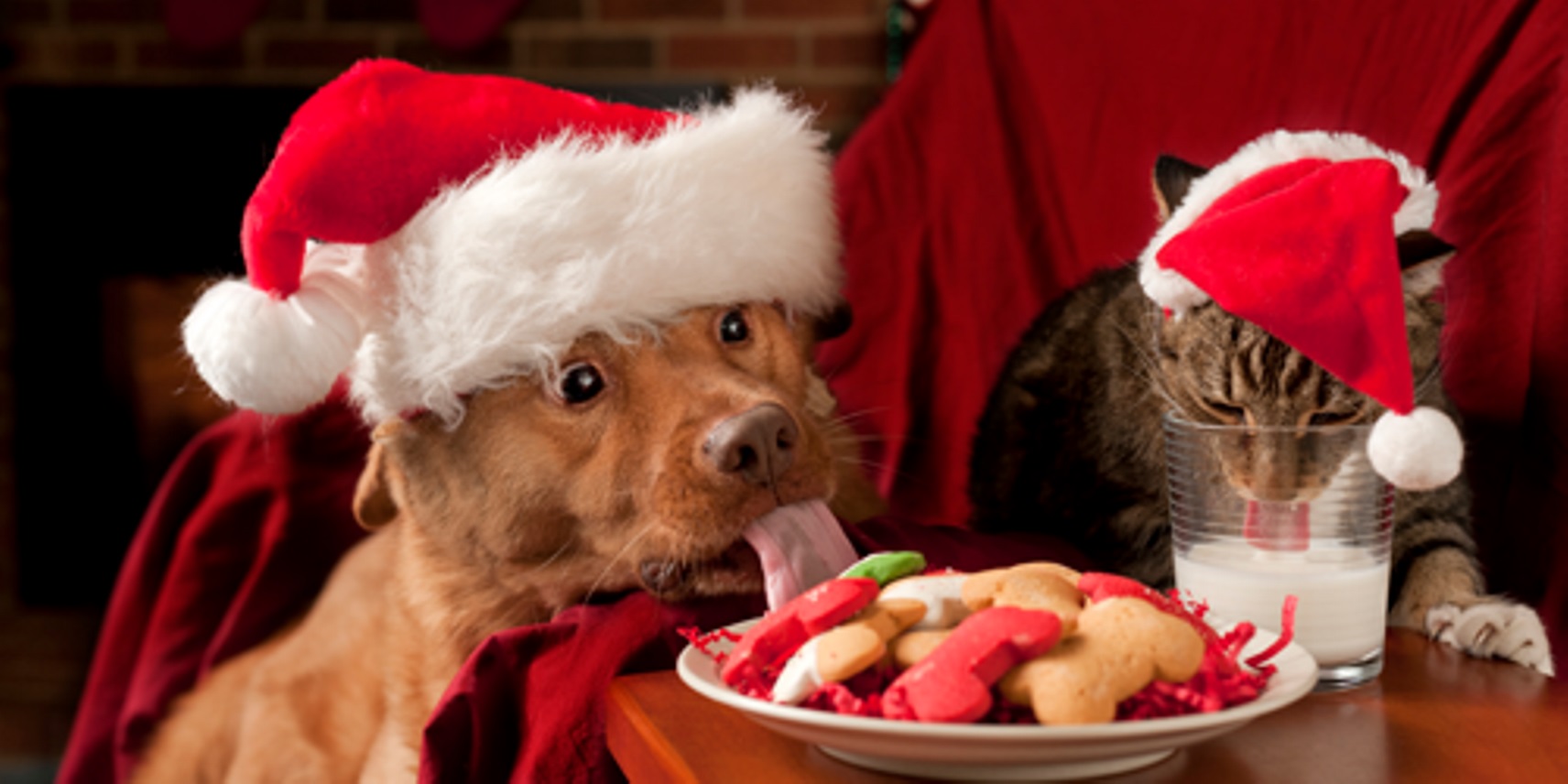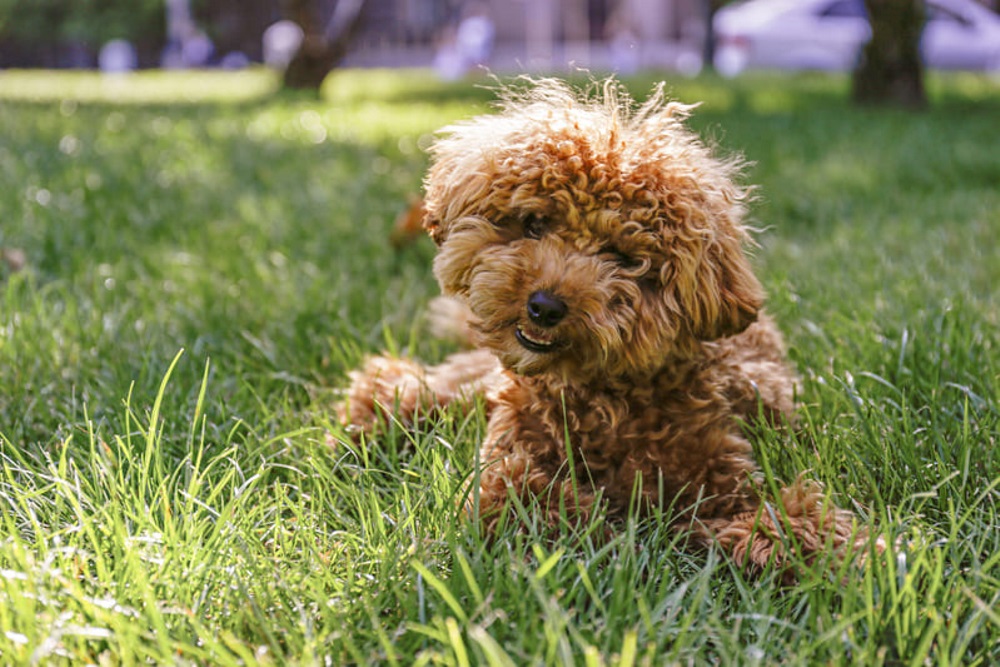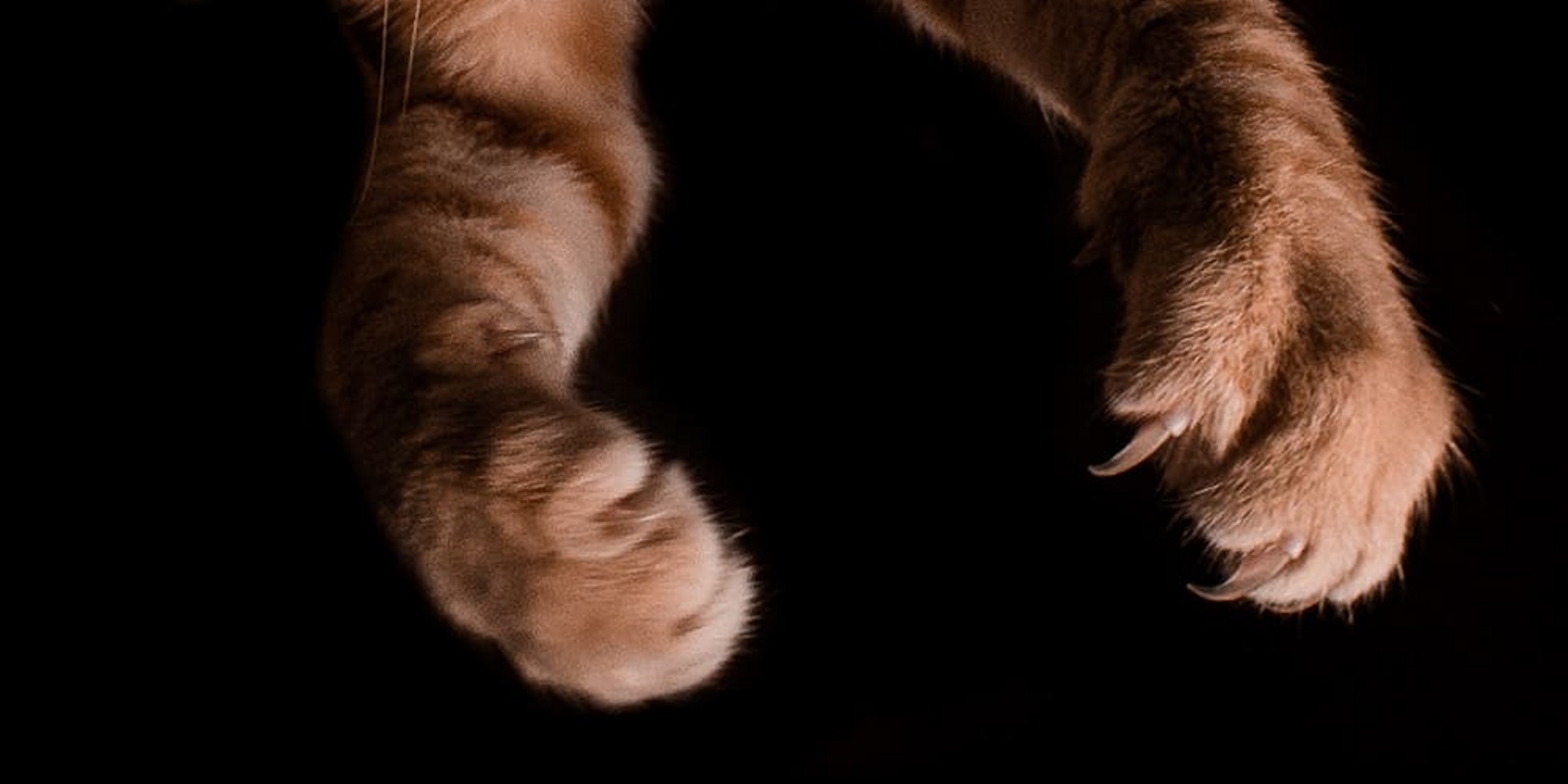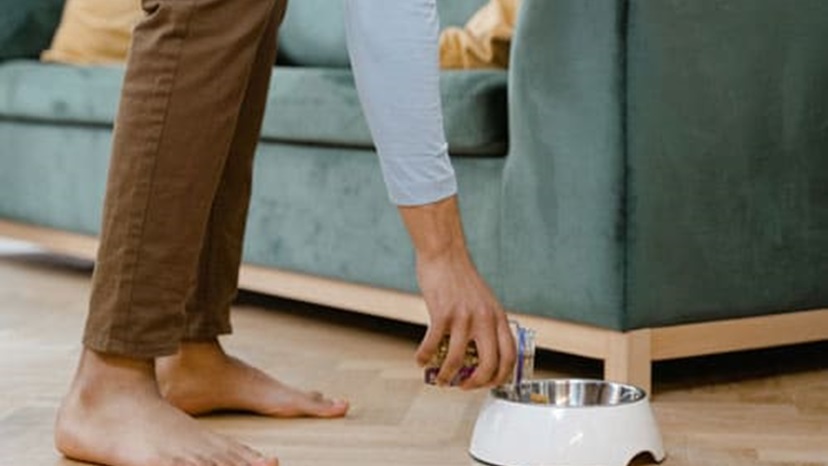Protect your pet this Christmas!

ARTICLE BROUGHT TO YOU BY DR. ALICE MARSHALL, REGISTERED VETERINARIAN (NSW VSB)
The festive season is upon us, and this year we are all due for a good celebration. While enjoyable, the festive season can present challenges for our pets. Here are some tips to help to protect your pets from hazards and keep them safe this Christmas
period.
Fireworks
Firework phobia is common in dogs. If not kept safe, the noise phobia can cause scared dogs to escape and potentially end up injured or lost. If you are expecting fireworks, take your dog for a walk in the afternoon to help tire them out. Make sure your
dog has access to somewhere it feels safe – many scared animals like to ‘burrow’ under pillows or beds or hide in wardrobes. Close all windows and curtains and allow your pet to go where it feels safe. Leaving an article of your
clothing with them if you are heading out can also help reassure them and help them to feel safe.
Excessive heat
Heatstroke is a threat during our warm Christmas holiday months. Temperatures in cars can quickly rise to dangerous levels. Always ensure access to clean, fresh, water and never leave animals unattended in a vehicle. Exercise in the middle of the day
is hard work for all breeds but can be fatal for brachycephalic breeds (such as bulldogs or pugs). Make sure you have a plan B for your pet if you plan on doing a lot of activities in the middle of the day.
Intestinal upsets
- Chocolate – chocolate is toxic and can be fatal to dogs and cats. The darker the chocolate, the higher its toxicity level. If eaten, chocolate can cause vomiting, diarrhoea, heart arrhythmias and seizures.
- Cooked bones – such as ham bones can cause intestinal blockages or perforations, both of which require emergency surgery. Make sure that food scraps are well secured in bins with lids and or kept out of reach of your furry family members.
- Fatty foods – an overload of fatty foods at Christmas (ham or turkey skin and other treats) can cause pancreatitis, a severe inflammation of the pancreas and surrounding intestinal organs, which can be fatal if left untreated.
- Mince pies – packed with raisins, sultanas and currants, these Christmas treats are highly toxic to pets. Raisins and sultanas can cause anything from vomiting to total kidney failure.
- Sugar-free treats – instead of sugar these lollies contain xylitol, which is highly toxic for pets in even the smallest doses.
- Foreign bodies/tinsel – while not toxic, tinsel, ribbon and sparkly items can look attractive to inquisitive pets. If swallowed, long linear foreign bodies like this can cause the intestines to bunch and twist leading to severe damage.
- Alcohol – can also have a severe effect on your pet.
Parasites
Parasite protection remains important over Christmas, with many of the parasites affecting our pets more active in warmer weather. Set yourself a reminder for any treatments which are due and remember to start preventative medicine early if you are travelling with your pet to holiday destinations.
Many Christmas dangers are easier to treat and have better outcomes if treatment occurs quickly. If you suspect your pet has been exposed to any risks over the Christmas period, please don’t hesitate to phone your vet for advice, they’re there to help ensure your pets have a happy and safe Christmas too.
Vets Choice Pet Insurance is here to give you peace of mind in the times things go wrong. To find out more on how you can get cover for a range of pet health issues visit our cat and dog insurance pages, or get a quote today.


